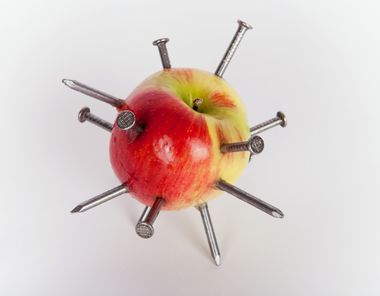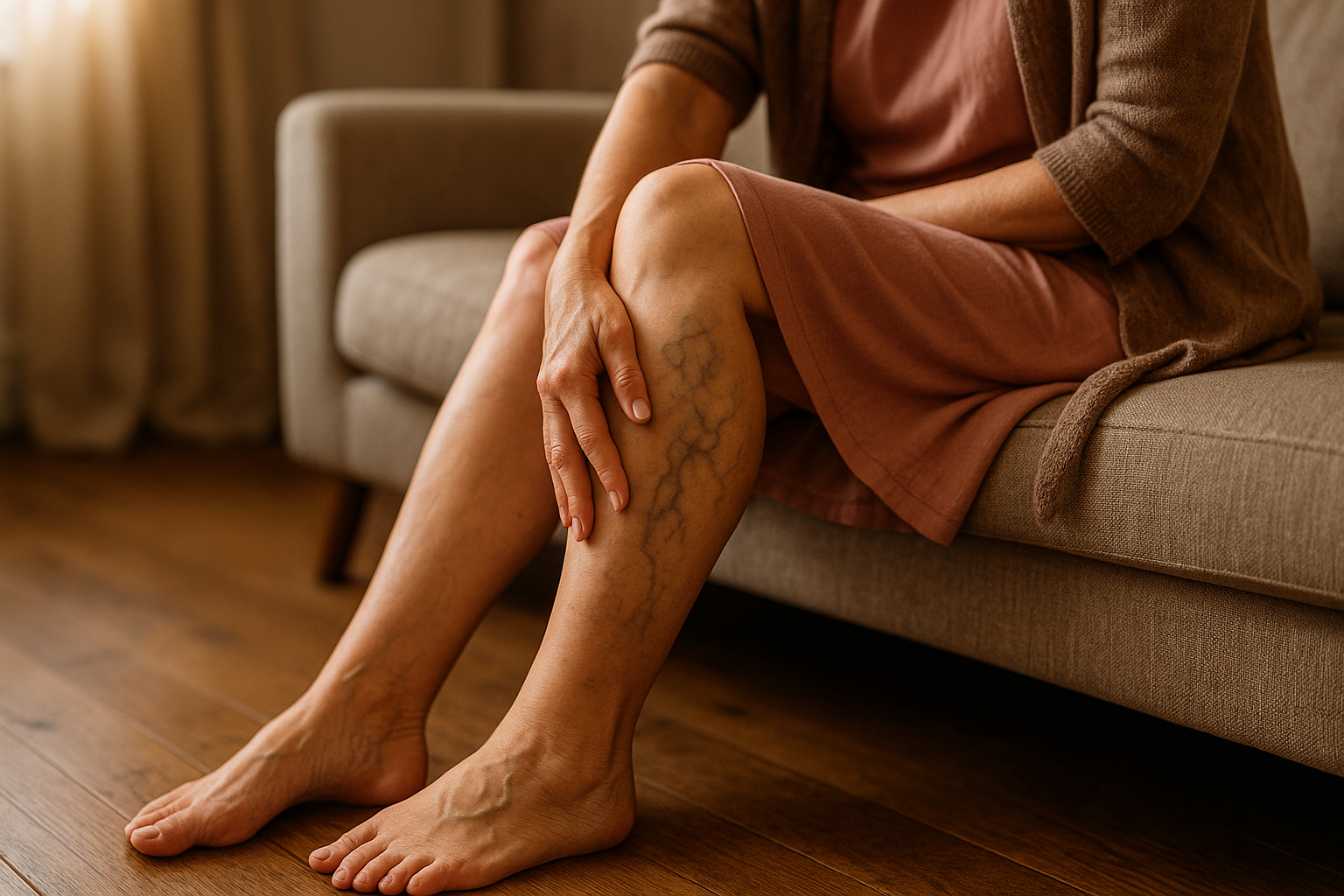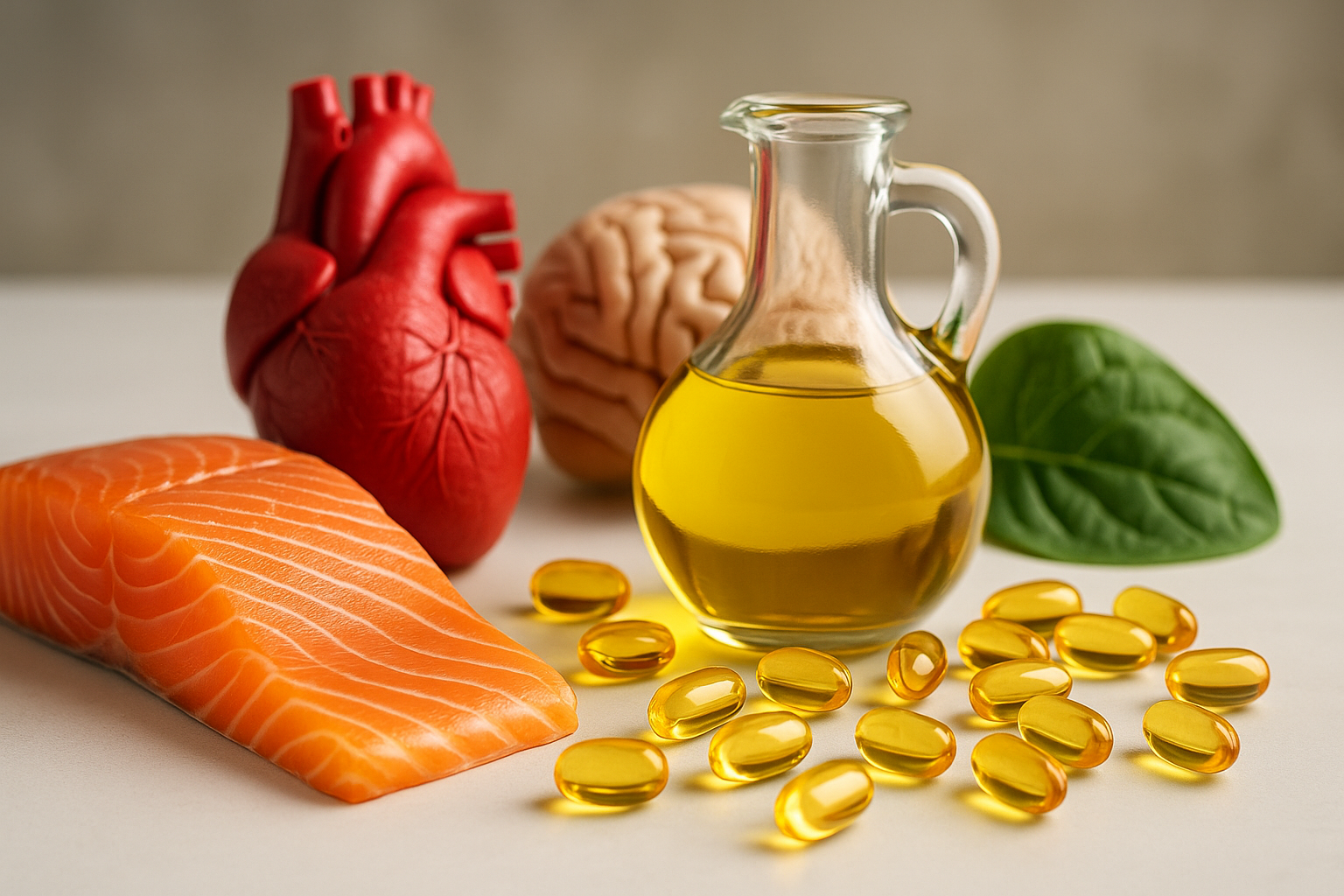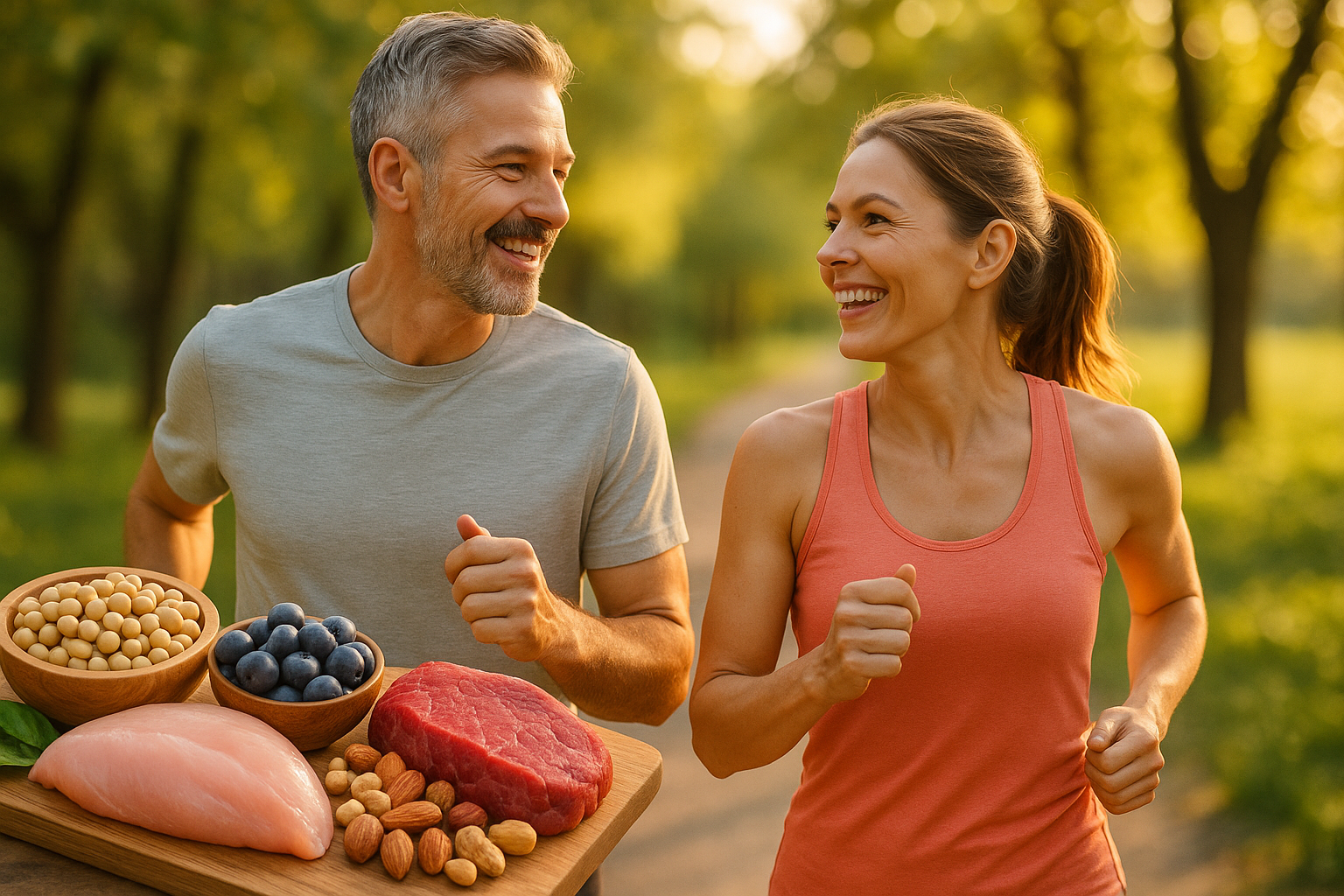
Too little iron in the blood can lead to unpleasant symptoms and serious consequences. A slight deficiency can already be compensated naturally through diet.
The main function of iron is to transport vital oxygen in the blood. It also plays an important role in blood formation. In addition, iron helps to keep skin, hair and nails healthy and takes over important functions within the immune system. All these properties make iron the most important trace element for the human body. If it is missing, we also lack energy - we feel powerless. If iron deficiency persists over a longer period of time, it can lead to hyperacidity of the tissue, the death of nerve cells and damage to the internal organs.
Anyone who feels constantly flabby and tired, has pale skin and lips, freezes disproportionately often and has heart palpitations even during small exertions should have their iron balance checked. Dry hair, brittle nails and torn corners of the mouth can also be an indication of this. The causes can be manifold: Bleeding in the stomach, intestine or urogenital tract can be just as responsible for this as inflammation, tumours or celiac disease. However, non-disease-related causes such as pregnancy, growth in childhood or heavy menstruation can also be underlying. Conventional medicine normally compensates for iron deficiency by taking high-dose iron tablets, which can, however, cause side effects such as nausea or constipation.
With a balanced diet with sufficient iron-containing foods and support of vitamin C for better iron absorption, the daily iron requirement can normally be met without any problems even without meat, fish and animal products. However, the body's supply of vitamin B12 and folic acid as well as copper and vitamin C should also be checked regularly, as these substances are also needed for the formation of blood cells.
Those who want to balance their iron balance with high-carat iron carriers should avoid coffee and black tea for two hours afterwards, because the tanning agent contained in them makes the absorption of iron via the stomach and intestinal mucosa more difficult. Cola, cocoa and red wine also inhibit the absorption of iron, as do spinach, rhubarb and whole grain products. The fact that vitamin C supports the absorption of iron should, however, be taken into account during the preparation of a meal - vitamins never harm, as has been shown once again.
* This text may contain translation errors as the translation was performed by an online translation tool.










